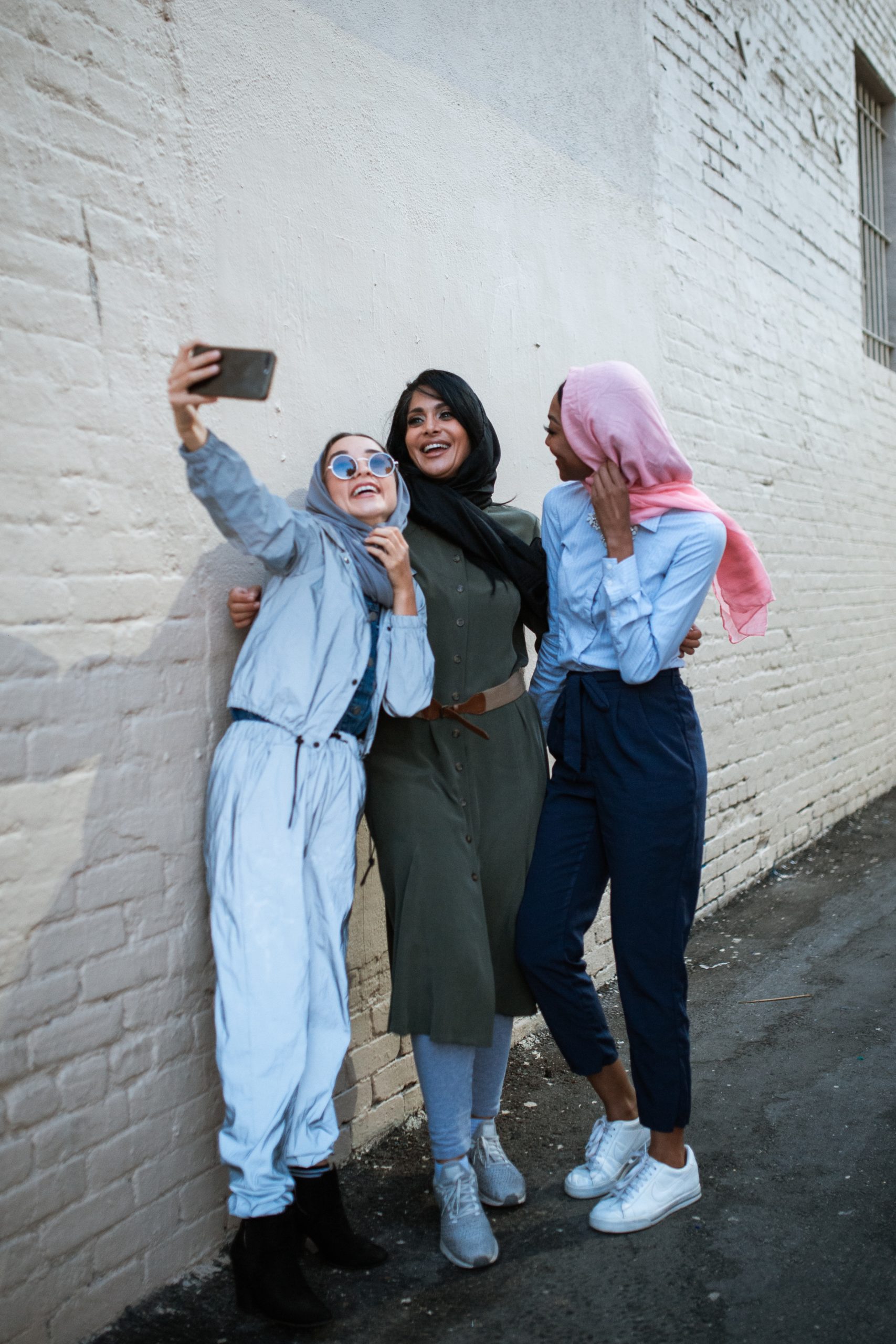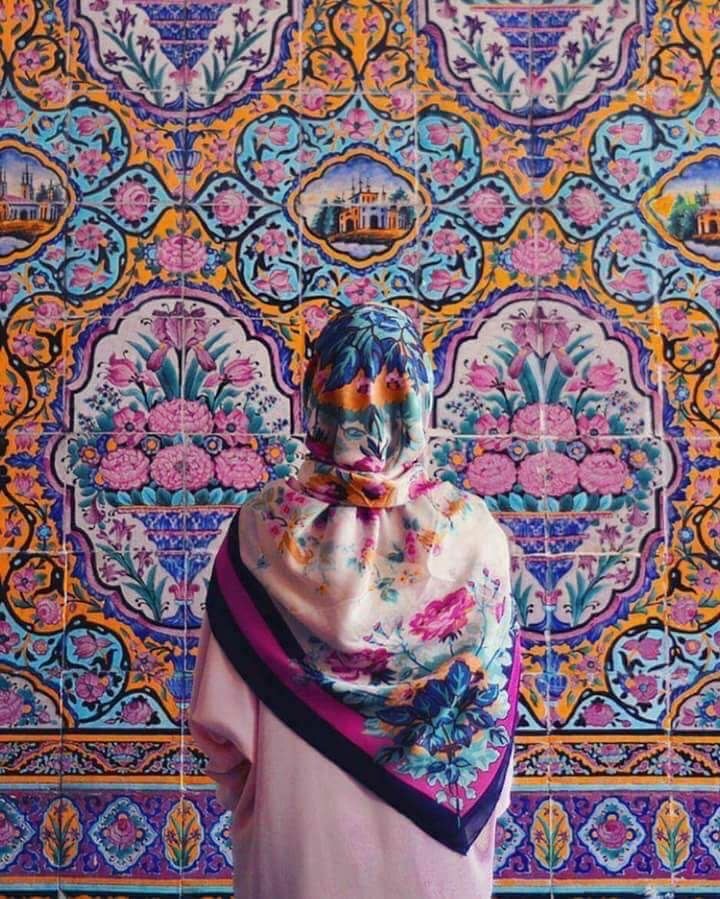The Mindset is designed to help Muslim women nurture beliefs grounded in agency, dignity and self-worth – helping us to live our best lives. In this instalment, Muti’ah Badruddeen shares what she has learned from documenting the joys of Muslim women
The Joys of Muslim Women
I seem to be one of the most unobjectively gauged minority of humans who would forever view with gratitude the worldwide lockdown of 2020. By trapping me an entire continent away from my life, that surreal event forced me to re-examine my life and confront what I had hitherto avoided. And when my world did not fall apart in all the months I was away – like we women are convinced it would, if we are not there to hold it all up with our bare hands and sanity – I began to make the changes I had long avoided or told myself were impossible.
Changes that meant that now, almost a year later, I am not the woman I was just last year. The one who was struggling so hard – and was obviously losing the struggle. One that was barely functional under the pervasive fog of (retrospectively self-diagnosed) depression that cloaked the world in the unrelenting grey of anhedonia; to whom every day was a herculean task in just existing. Now, a year of ongoing efforts to salvage my mental health later, Rekiya and Z, the contemporary Islamic fiction novel I had spent the previous five years writing, was out – to overwhelmingly great reviews – and I am getting better at prioritizing my mental and emotional needs.
The changes are working so well. I decided to flip the script and write about Joy.
Between outlining my next book and posting as a social media newbie, I decided that I wanted to document Muslim Women Joy. Writing about the things, places, people and circumstances that were bringing me the long-dissociated emotion, I asked Muslim women on my timeline to join in, using the hashtag #muslimwomenjoy. So far, the responses have been heartwarming…
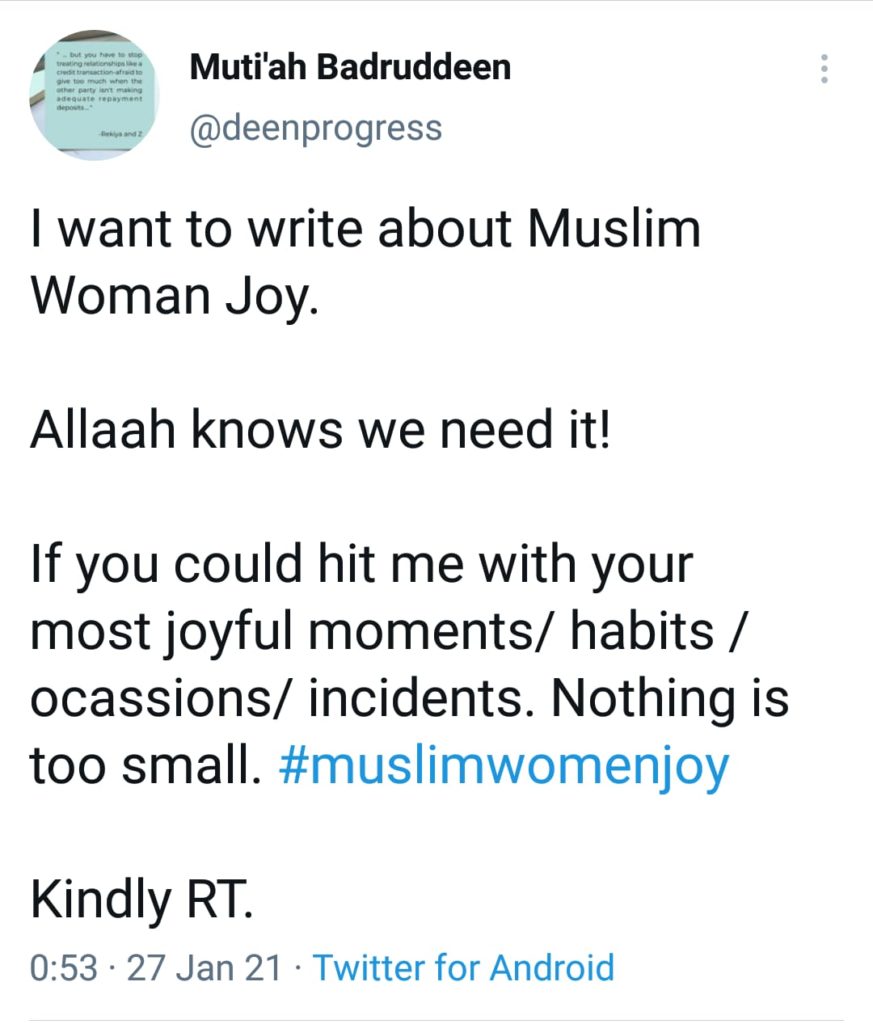
In addition to spreading and sharing joy, curating these responses have taught me a few things about what this elusive emotion means to us as Muslim women. Of course, I would in no way imply that this small segment – of mostly Nigerian, so far – women represent the entire spectrum of the Muslimah collective. Nevertheless, here’s what I’ve learnt from the responses to #muslimwomenjoy.
Muslim Women Experience Joy!
Within a week or less of calling for responses, I got nearly a thousand women across my three social media platforms writing openly – or anonymously – about their joy. And while it might seem like a given – of course, we have joy – there is so much we contend with, being Muslim women in today’s world that it surely can only help to remind ourselves of the joyful parts of our existence. We should do more to find those, nurture and protect them, appreciate them and in Shaa Allaah watch them grow.
Muslim Women Want Real Joy.
I know, it almost seems counter to my first point to say this but, more than the responses sharing their joy, the overwhelming reaction was ‘Maa Shaa Allaah, we need this!’ From book lovers who decry the fact that literature with Muslim themes and characters are often sad, to others who pointed out the general negativity, Muslimahs commented ever so often on how they felt a dearth of positive emotions in our dealings. Our gatherings, our narratives, our very existence seem to be – more often than not – given to the lamentations and woes of our very real problems. And while not belittling those problems in anyway, I am learning that Muslimahs want more joy – in our lives, our relationships, our narratives.
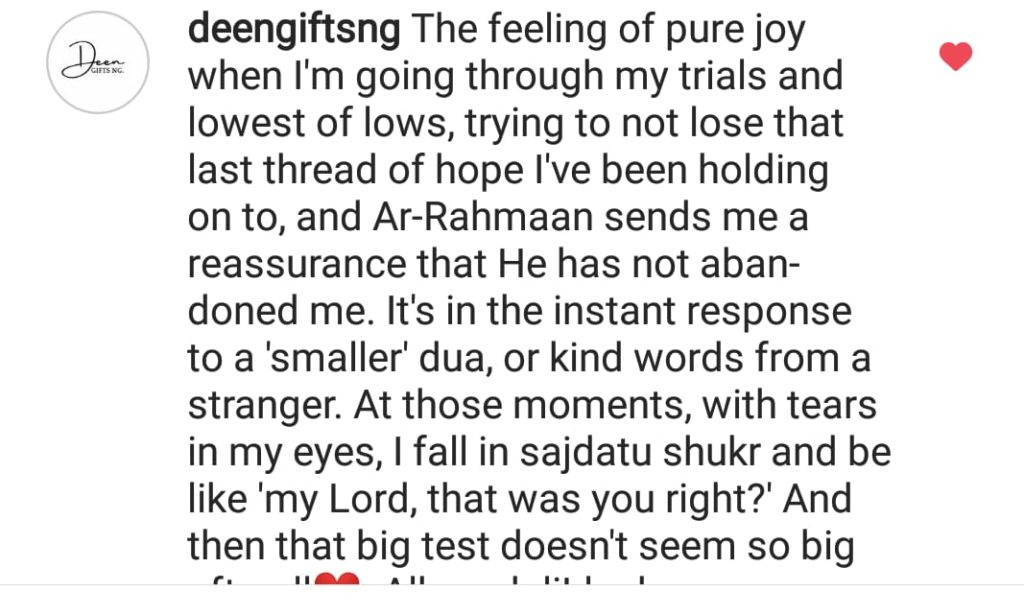
The Joys of Muslim Women Are Sometimes Rooted in Deen and Family.
Not unexpectedly, most of the responses were centred on how Muslimahs felt in practising their Deen and in being with their family. From the general spirituality to specific Ibaadah and the euphoria of seeking Islamic knowledge, we find joy in our religion. And in the strength of our relationships with our family; parents, siblings, husbands, children, and the myriad of extended relatives with whom we are bonded by Rahm or Nikkah.

Sometimes, Our Joy is Muted
Even overlooking the fact that most people who engaged with #muslimwomenjoy were passive readers or reaction-ers rather than participants, there is a tone of diffidence to how we narrate our joy. As though while we have joy, and we want more joy, we feel constrained to express it. Downplaying our expression of joy – of emotions – seems to be how we find balance between gratitude (which is NOT the same as joy, by the way, but that is a different conversation) for the emotion and our fear of… evil eye, I suppose? I find it striking that Muslimah joy is rarely ‘frolicking, laugh-out-loud-for no reason, smile for days when you remember it, just-because type of joy’ (which was my admittedly whimsical way of putting it in one of my posts). And this is in no saying that joy, any emotions really, whatever its form is in any way less than valid.
Sadly, The Joys of Muslim Women Can be Performative
I realize that this might be my inner cynic colouring what is otherwise a gratifying experience, a lingering souvenir from the years where my brain is wired to see only the negatives. Yet as I got more and more responses that detailed joy in ibadah, in our hijab, in serving our family and friends, in helping, in giving back; and very few responses about joy for the sake of it or finding the same emotions in things that revolved about us, were about us; I do wonder. Are we truly this altruistic and giving, or have we been taught that our worth was in the value we bring, so much so that we can barely find joy in ourselves, for ourselves, and just because? Do we really not feel joy outside of these roles or are we just scared of owning that, possibly of being judged as not Muslim enough?
We Need More Silly Joy
I suppose you should have expected that after reading my last two points. We need the joy that is spiritual, rooted in gratitude, and in our service to our closed ones and humanity at large. But we also need the joy that is spontaneous, unconditional and, occasionally, silly. To find out euphoria and gratification – no matter how fleeting – in things that we engage solely for our self, not necessarily for the value they bring to other people.
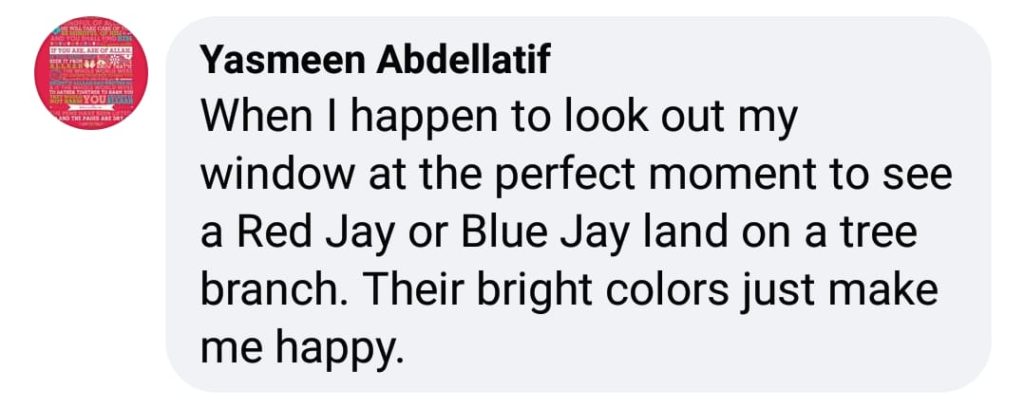

We Find Joy in Community
Probably most monumental for me (saving the best for last), Muslim women find joy in the company and support of other Muslim women. Anyone familiar with my work will find that supportive female relationship is a recurring theme. In fact, it is the central theme in Rekiya&Z. Because I write about Muslim women, primarily for Muslim women, these responses have been one of the most rewarding part of this experience for me; to know that despite our individual and collective challenges, we find joy in our collective selves as Muslimahs.
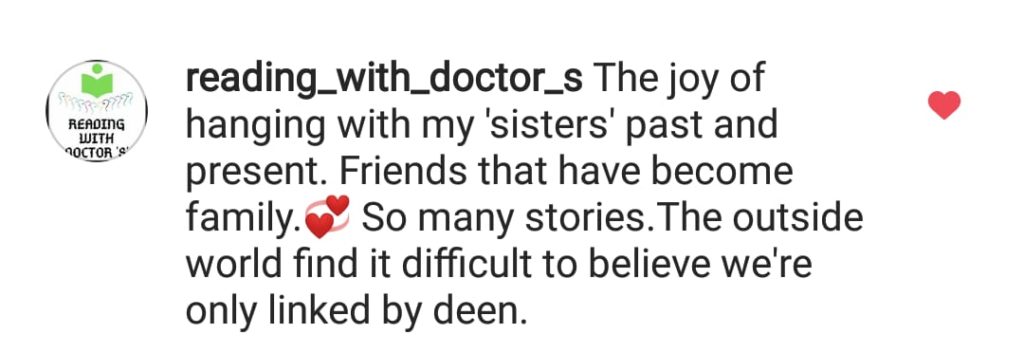
I’m as yet unsure how this new appreciation for joyfulness will play out for me, long term. I can only hope that in engaging the emotion more meaningfully and profusely – in my personal life and in my work as a writer – I will receive and share more of it. And that it helps me keep the fog away.
Here’s hoping you join me; in choosing to live more joyfully. That you join us, in sharing joy across your socials using the #muslimwomenjoy. Maybe we can collectively work our way towards a more abundant, less performative, narration and expression of the joys of Muslim women.
Read more of Muti’ah Badruddeen’s work on her blog
Have anything to talk or rant about? ‘The Muslim Women Times’ is looking to expand the voices of Muslim women on issues affecting Muslim women. Send pitches or contributions to contribute@themuslimwomentimes.com along with your bio, social media handles and your favourite headshot. Read More on our Contributions Page.

